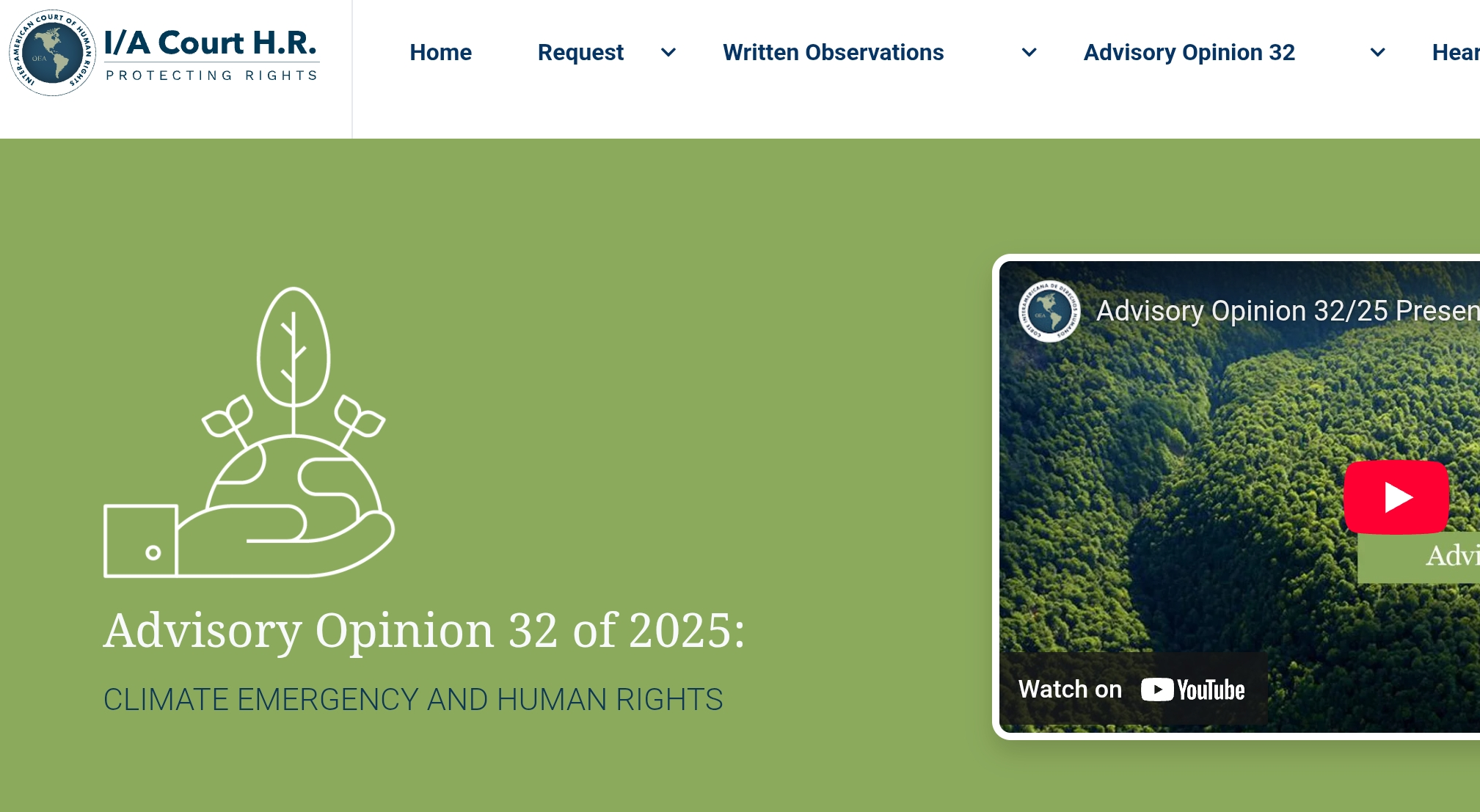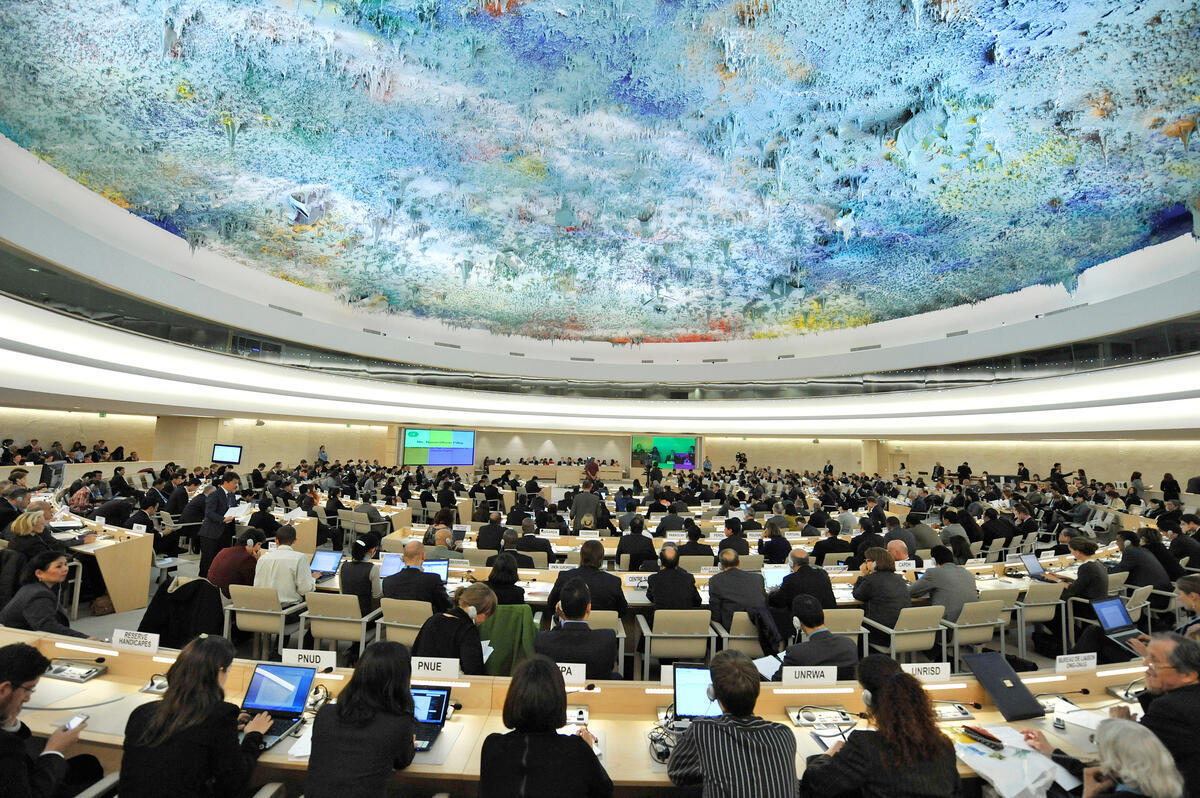On the occasion of their most recent meeting, the UN Treaty Bodies (UNTB) chairpersons went a step further in the adoption of a harmonised schedule of fixed reviews of States parties. As previously mentioned, this constitutes an important outcome of the 2020 review. ISHR welcomes the fact that all UNTBs with a regular periodic review cycle have now adopted a similar cycle, and that the differentiation between the Covenant Committees, and the other Committees has been abandoned.
The adoption of fixed cycles of review was initially adopted by the Human Rights Committee in 2018, but since then implementation has been marred by a range of practical challenges, and reviews have mostly not been able to proceed as per the schedule. The Covid pandemic has profoundly and durably affected periodic reviews: sessions were canceled and reviews of States parties postponed, resulting in a backlog of 443 State reports pending review as of December 2021. Quite clearly, reconciling the chaos in the scheduling of reviews induced by the pandemic with a fixed schedule of reviews now constitutes a major challenge.
On paper, the idea of a fixed schedule of full reviews every eight years, with an additional check-in at mid-course sounds attractive, as demonstrated for instance by the fixed cycle and mid-term check-in at the Universal Periodic Review (UPR). And yet, a significant number of States have recently been able to escape scrutiny by differing reviews or failing to show up, as illustrated by reviews such as Nicaragua at CEDAW, CESCR and CAT, or Russia at the Human Rights Committee. Without robust and lasting solutions to these practical challenges, the implementation of predictable cycles of reviews across UNTBs could remain wishful thinking.




